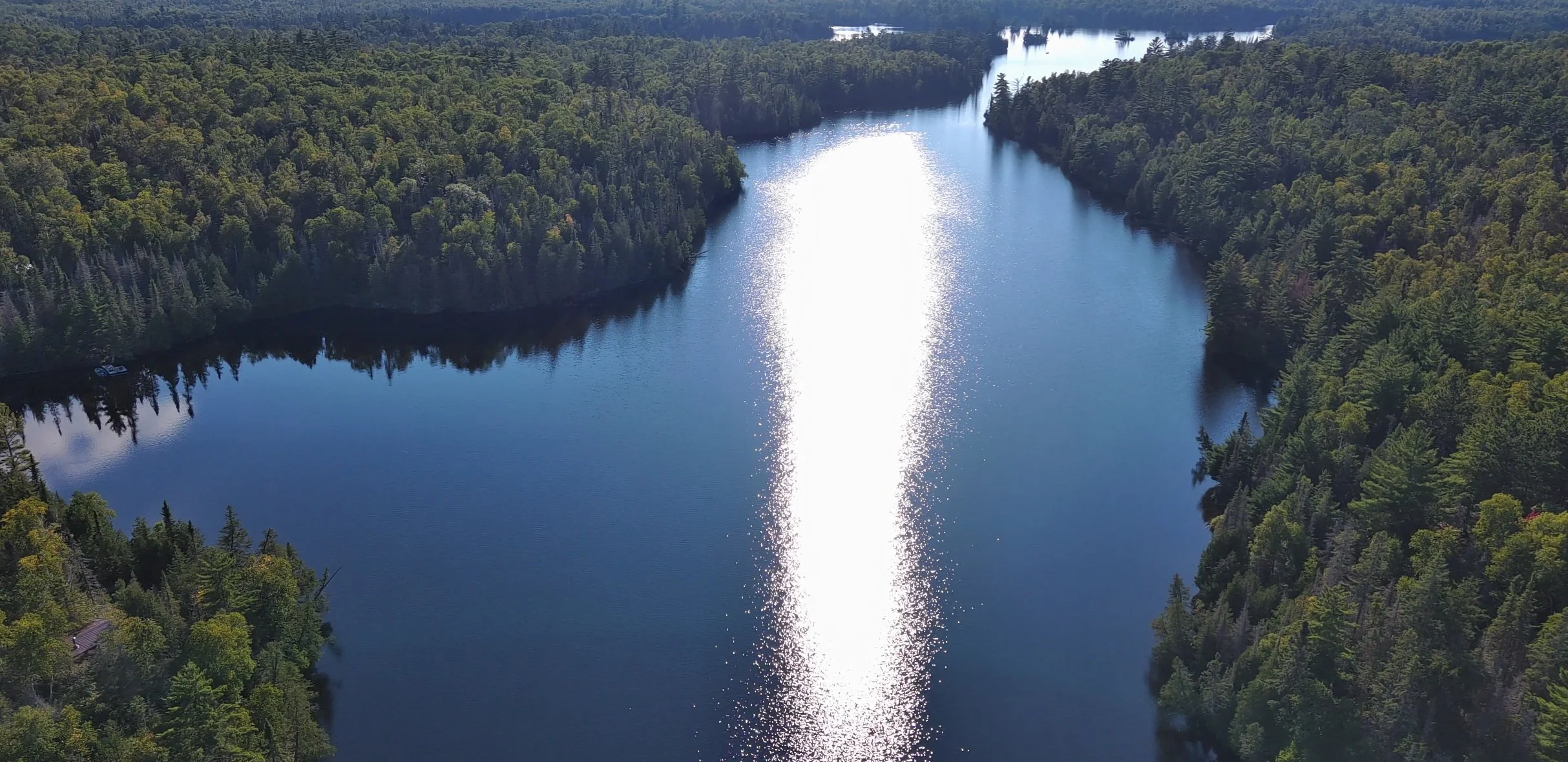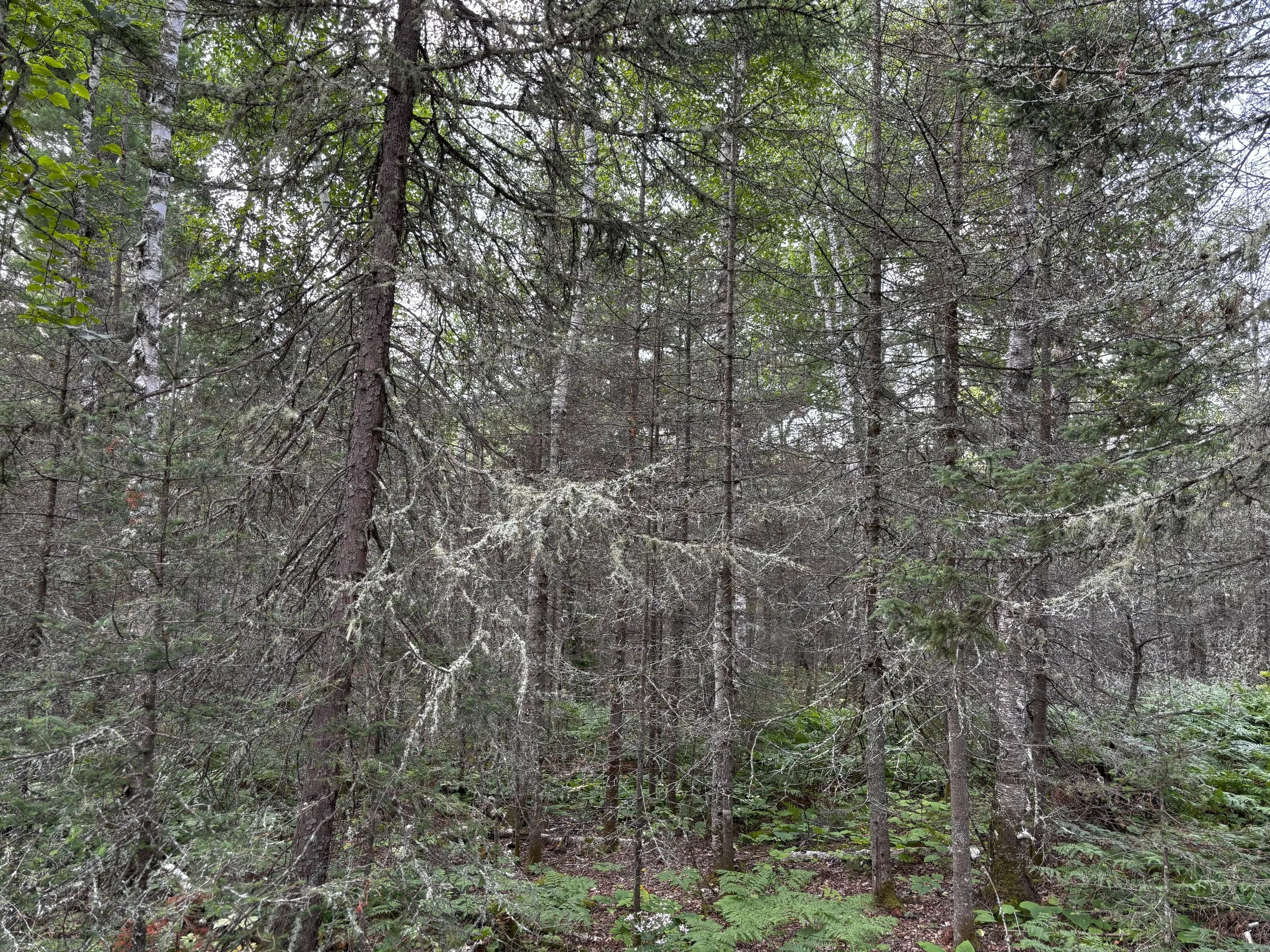Triangle Trail Association
It’s time to protect property, life and the ecosystem
Triangle Trail Association
Welcome to our page about the proposed trail for Triangle Trail LLC, a group of 16 landowners caring for 7 properties (120 acres) south and east of Triangle Lake in the Superior National Forest. This area is already crisscrossed with roads and trails. We’re working to build a safe, practical trail to connect our properties to Forest Route 439, and we want to share why this matters—not just to us, but to everyone who values safety, security, and the ecosystem.
Please take your time, read through the information. We’re confident you’ll see the need for better access and how this will protect the area. If you’re not convinced, share your thoughts via our comments section!
Protecting Lives & Property from Wildfires
The area around Triangle Lake ranks among the highest fire-risk zones in the nation, with flame lengths exceeding 4 feet and high crown fire potential (based on the Forest Service’s Fernberg Corridor Final Environmental Assessment, a detailed study of the region). A trail will enable us to bring in equipment to create defensible space around our cabins, lowering the risk of devastating fires that could destroy homes and threaten nearby public lands.
The video is a short flyover of the property around Triangle, offering a glimpse of the area—though it doesn’t fully capture the damage from recent temperature changes, drought, and disease.
2. Providing Safe Egress from an Approaching Wildfire
On September 12, 2011, the Pagami Creek fire, fueled by winds up to 35 mph, exploded and spread 16 miles eastward, burning about 90,000 acres in a single day. This rapid spread, averaging 2.5–3.3 miles per hour at its peak (based on a 5-6 hour run), aligns with severe wildfire estimates and highlights the danger near Triangle Lake, where the fire started less than 2 miles away.
A trail will offer a safe escape route, especially since the forest is more at risk for a catastrophe in 2025 than in 2011 due to increased drought, disease, and dead timber.
3. Protecting Water Quality in Triangle Lake and the BWCA
The lake is changing. Triangle, a small, shallow lake, struggles to absorb nitrogen and phosphorus from cabins, leading to eutrophication as numbers of lake users grow from about 5 to 10 cabins, with more planned. A trail will let us bring in materials and equipment to manage runoff and keep the water clean, benefiting everyone who loves this top-tier lake that drains into the Boundary Waters Canoe Area Wilderness (BWCA).
All cabins, including resort rentals on west side of lake, lack proper sewage treatment, with waste (even dishwater) seeping into shallow soil and bedrock, ultimately reaching the lake. Add two Forest Service campsites on rocky islands with no commodes, and the impact after a busy summer is clear.
While some have enjoyed the lake for 40+ years, the water quality has declined over the last 10-20 years—less clear than the 1970s—time to act now.
4. Forest Service has Declined to Provide Adequate Parking
The current multi-lake/portage access relies on the Ojibway Lake launch and parking area, which offers only 8-10 overnight spots for boats and trailers. This often leaves no space when you arrive, especially with increased use from:
3 Rental Cabins west side of Triangle using the Forest Service parking lot as resort parking
12 Triangle Cabins/properties requiring access via the boat launch
2 Forest Service Campsites
1 BWCA Permit (per day) using the same lot
1 Island property on Ojibwe Lake
Regular use by 43 cabins on Ojibway Lake
Day use by the general public needing to launch a boat
The Forest Service has made it clear they see no duty to provide parking for Triangle properties, stating “We are not responsible,” leaving us with limited options.
5. Drought/Climate Change Impact
The current access to Triangle Lake involves launching a boat on Ojibwe Lake’s north side, traveling to its south side, portaging gear and a canoe across land to Triangle, and launching again—using a roller portage (built in the 1950s for Ojibwe landowners’ fishing access).
Drought conditions, possibly tied to climate change, make it tough some years to reach the portage with anything beyond a light kayak or canoe, limiting access to those not physically fit, which can unfairly exclude property owners with disabilities or less strength.
The historic roller portage is under strain from growing use—by landowners, builders, Cabin Hideaways resort, and BWCA permit holders—damaging rollers and docks. A trail will ease this pressure, helping preserve the portage for future generations while offering a reliable alternative.
6. Enabling Emergency Response and Maintenance
In the last 2 years, emergencies on the lake have led to several ER visits, one overturned boat in frigid waters, and an elderly gentleman stuck chest-deep in muck while walking a canoe while his wife frantically called for help—rescued by a Triangle Trail member.
These incidents show it’s only a matter of time before a crisis puts the Sheriff’s office or search and rescue at risk, affecting real people with families.
A trail will provide reliable, all-season access, speeding up response times for fire crews or medical teams and supporting regular cabin maintenance to keep the area safe and functional for everyone.
7. Providing Safe and Reliable Access for Property Owners as Prescribed by Law.
This isn’t a single cabin on a remote lake—Triangle already has many cabins, with more being built as the lake evolves. Steps are essential to protect lives, property, and the fragile ecology, especially with changing conditions, and the law clearly supports our right to access our properties when it’s needed for safety and care.
Federal regulations recognize that landowners like us deserve practical access, ensuring we can address urgent needs without being cut off by surrounding forest rules.
Nearby forest trails and roads, plus the Forest Service’s plans to cut trees and burn undergrowth in all directions, make a new trail a sensible addition. Our trail will enhance the lake experience for everyone, and Triangle Trail Association members have never given up their property rights to improve access.










